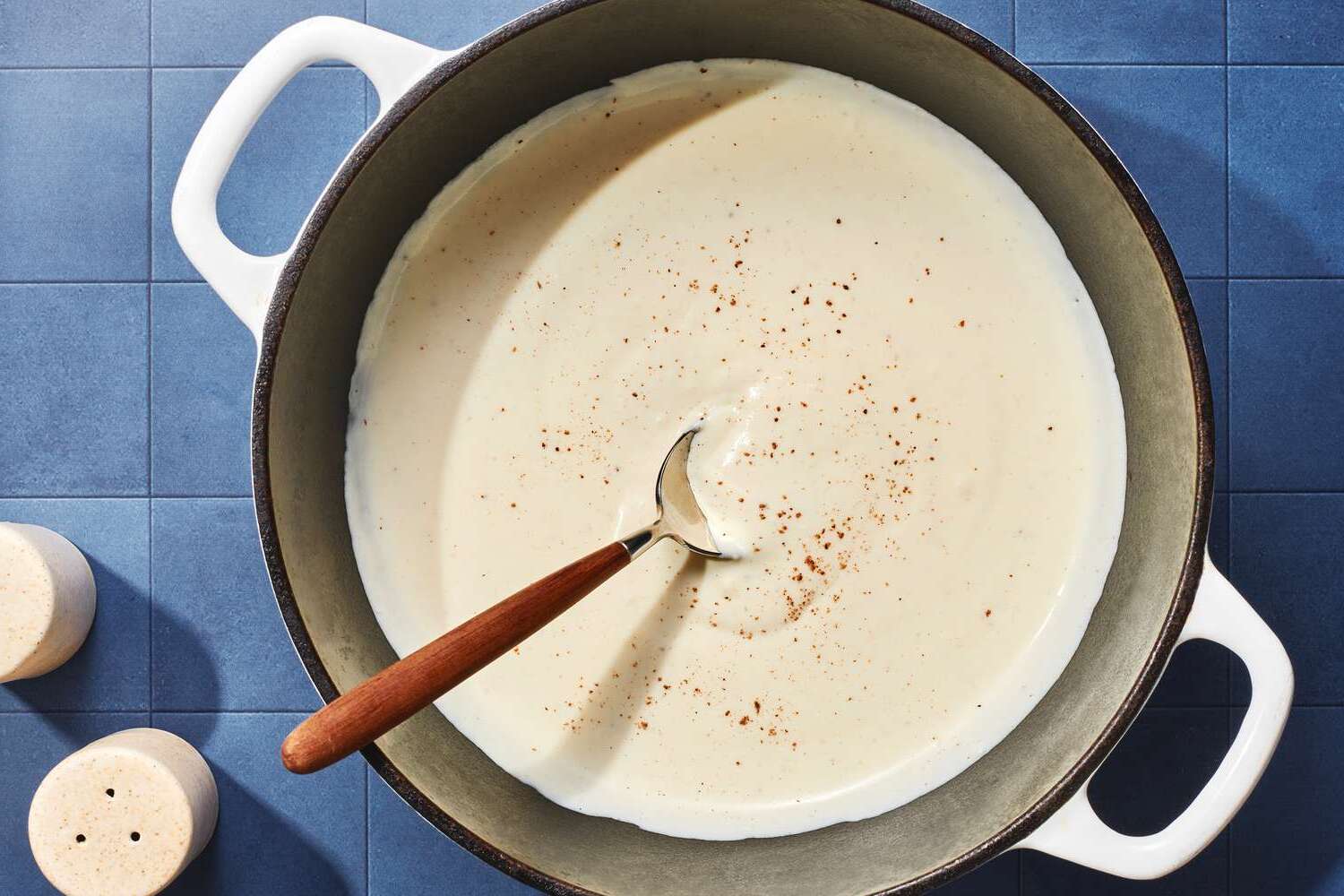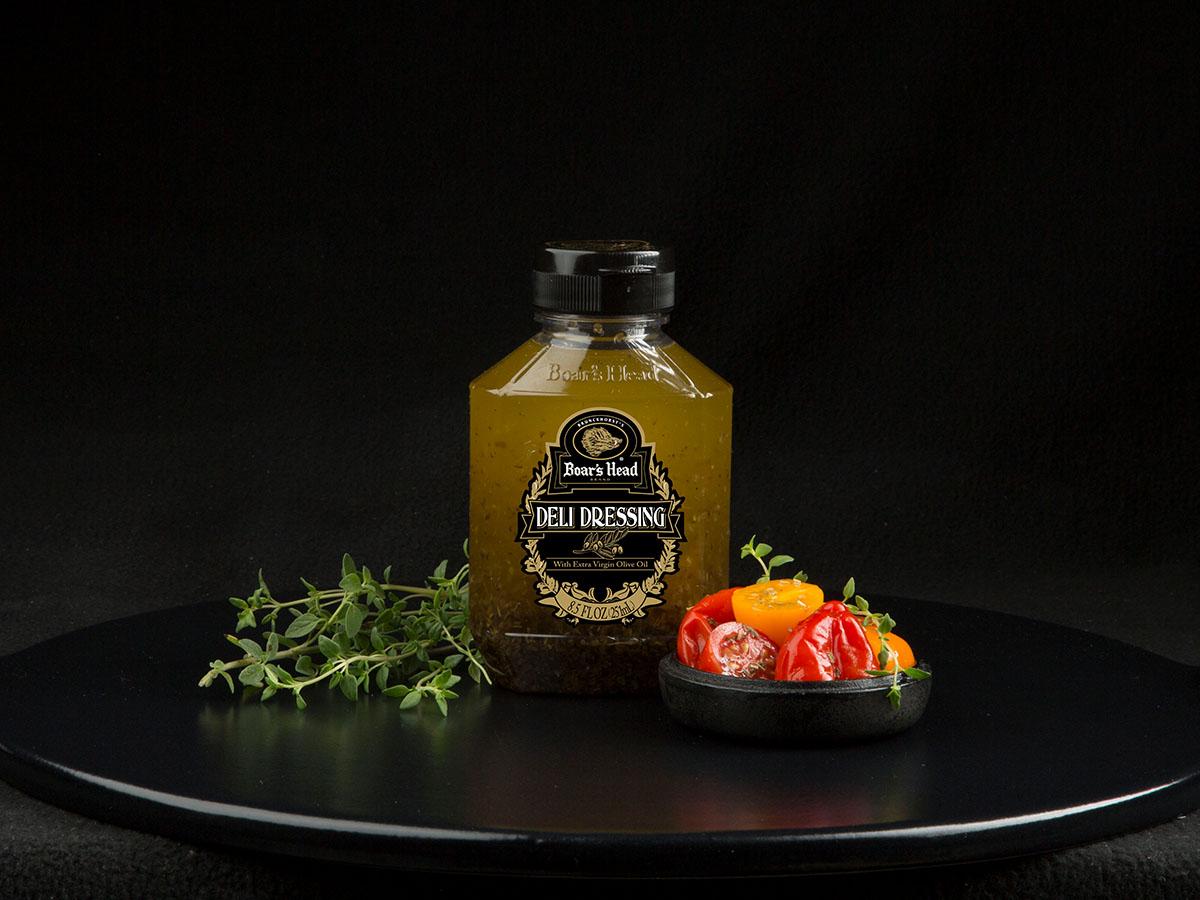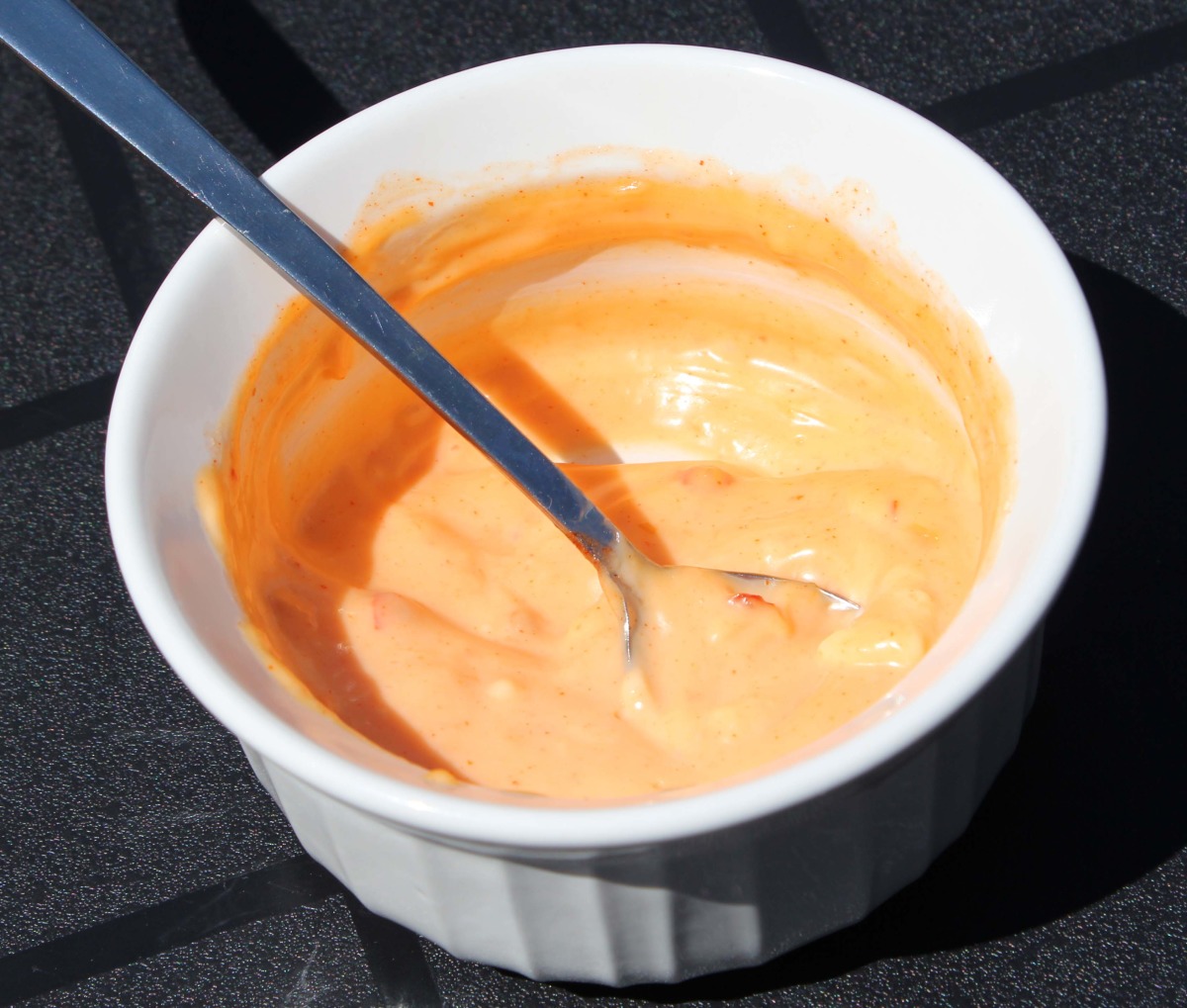Coconut cream is a rich, velvety ingredient made by blending fresh coconut flesh with water. It brings both flavor and texture to a variety of dishes, from savory curries to decadent desserts. But what if you’re out of it or need an alternative? Substitutes can replicate its creaminess and sometimes its flavor, depending on the recipe. Here are the best options:
1. Coconut Milk
Coconut milk is the closest alternative to coconut cream. It has a thinner consistency because of its lower fat content (around 17%) but can be used in a 1:1 ratio in most recipes. To thicken it, simmer it gently to reduce the water content or add a thickening agent like cornstarch or flour. This works well in soups, stews, and curries.
2. Heavy Whipping Cream
If dairy is an option, heavy whipping cream can mimic coconut cream’s richness and texture. To match the consistency, dilute one cup of whipping cream with ¼ cup of water. This substitution works well for desserts, sauces, and creamy beverages. However, it lacks the distinct coconut flavor.
3. Greek Yogurt
Greek yogurt is a tangy, protein-rich substitute. It’s best added towards the end of cooking to prevent curdling. Use it in a 1:1 ratio, especially in soups, marinades, or dips. While it’s not as fatty, its thick texture can hold up in most recipes.
4. Nut Butters
Almond butter, cashew butter, or tahini can be blended with water to replicate coconut cream’s creamy consistency. Mix approximately 150 grams of nut butter with 250 grams of water to substitute one 400-gram can of coconut cream. This works especially well in savory recipes like curries and sauces.
5. Silken Tofu
Blending silken tofu with a bit of water creates a smooth, dairy-free option that’s high in protein. Its neutral flavor makes it a great choice for savory dishes and smoothies. For a recipe requiring 1 cup of coconut cream, use 1 cup of blended silken tofu.
6. Evaporated Milk
Evaporated milk offers a creamy texture similar to coconut cream but without the coconut flavor. It’s suitable for baked goods, sauces, and some soups. Use it in equal amounts, but consider adding a bit of coconut extract if you want to retain the coconut flavor.
7. Sweetened Condensed Milk
For desserts that require coconut cream’s sweetness and thickness, sweetened condensed milk can work as a substitute. Its sugary profile makes it ideal for pies, puddings, and frostings. Use sparingly to avoid overpowering the dish with sweetness.
8. Cashew Cream
Cashew cream is made by blending soaked cashews with water until smooth. It’s dairy-free and offers a creamy texture. Use it in a 1:1 ratio for dishes like pasta sauces, soups, or desserts. Adding a small amount of coconut extract can enhance the flavor.
9. Blended Sweet Potato
Sweet potatoes, when pureed, can add a creamy, mildly sweet element to your recipe. This substitute works best in curries and soups. Use one cup of pureed sweet potato for every cup of coconut cream, and adjust the liquid content as needed.
10. Canned Tomatoes or Passata
In recipes like curries or stews, where coconut cream adds moisture, canned tomatoes can replace it. This changes the dish’s flavor profile, leaning more toward savory. Use equal amounts but balance acidity with a pinch of sugar if necessary.
11. Homemade Coconut Milk
If you have desiccated coconut, you can create a homemade version of coconut milk. Blend one part desiccated coconut with two parts boiling water, then strain through a fine mesh or cheesecloth. This substitute works well for soups and curries but might lack the creaminess of store-bought coconut cream.
12. Mashed Avocado
Mashed avocado can substitute for coconut cream in savory dishes. Its creamy texture blends well into soups, dips, and sauces. Use it in a 1:1 ratio but expect a slight change in flavor.
13. Blended Cauliflower
For a low-calorie alternative, steamed cauliflower blended with a bit of water or broth can work. This substitute is best for savory dishes where creaminess is more important than flavor. Use in equal amounts to coconut cream.
14. Plant-Based Cream Alternatives
There are many plant-based cream substitutes available in stores, such as oat cream, almond cream, or soy-based creams. These are pre-made and ready to use in a 1:1 ratio, though flavors may vary depending on the brand.
How to Choose the Right Substitute
- For Richness: Coconut milk, whipping cream, or cashew cream.
- For Dairy-Free Options: Silken tofu, nut butters, or homemade coconut milk.
- For Sweetness: Sweetened condensed milk or pureed sweet potato.
- For Savory Dishes: Evaporated milk, tomatoes, or blended vegetables.
- For Baking: Heavy cream, Greek yogurt, or cashew cream.
Substituting coconut cream doesn’t have to compromise the quality of your dish. By understanding your recipe’s requirements, you can select a substitute that delivers the right balance of texture and flavor.
Was this page helpful?
Read Next: What Is Confectioners’ Sugar
Abby Marcelino
Abby is a writer, editor, and a fan of ASMR mukbang and cooking videos. Her family has been in the food industry for years and she has been working for their business as a part-time quality assurance officer and content creator. She is addicted to all things dairy and carbs, most especially cheese and bread.











